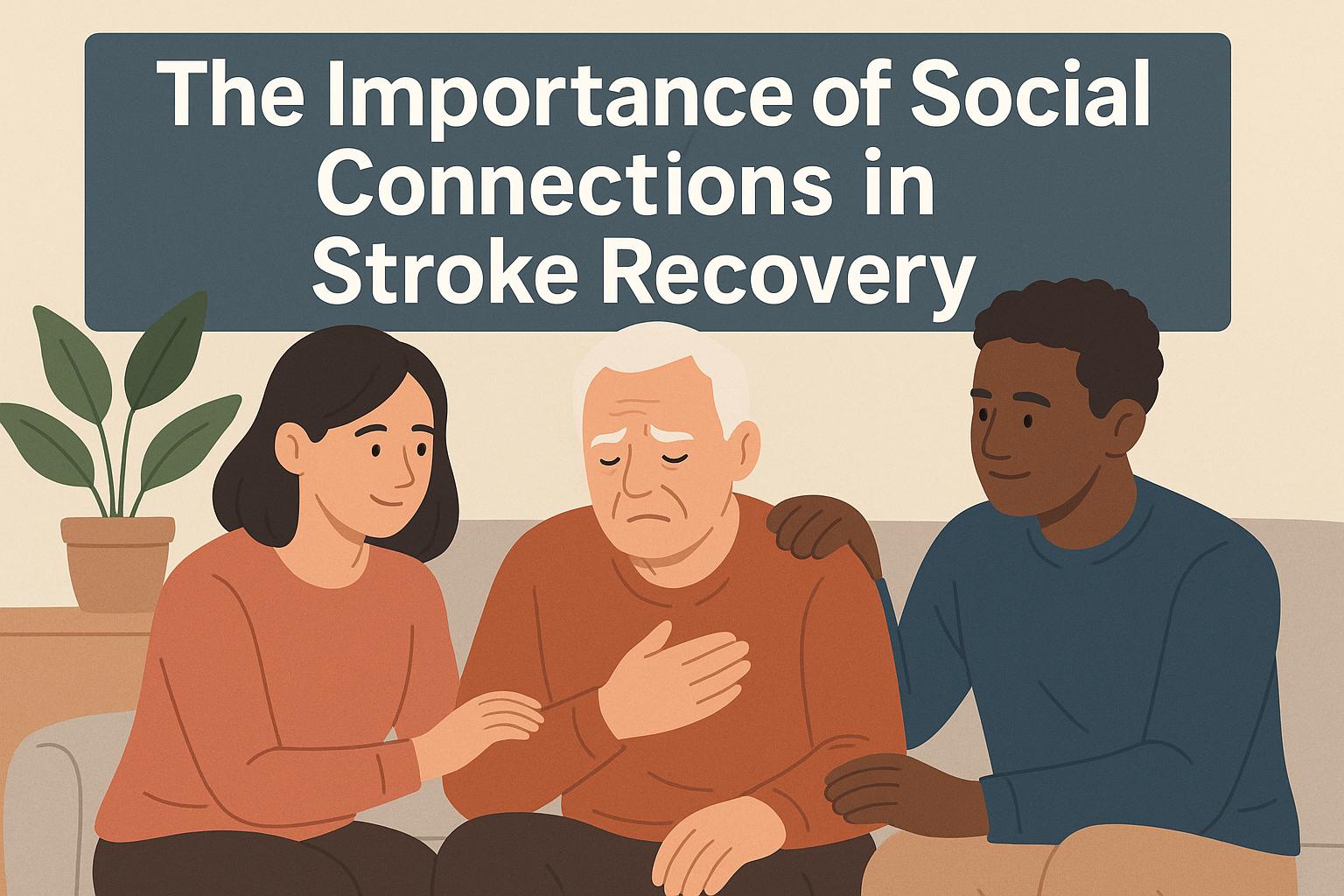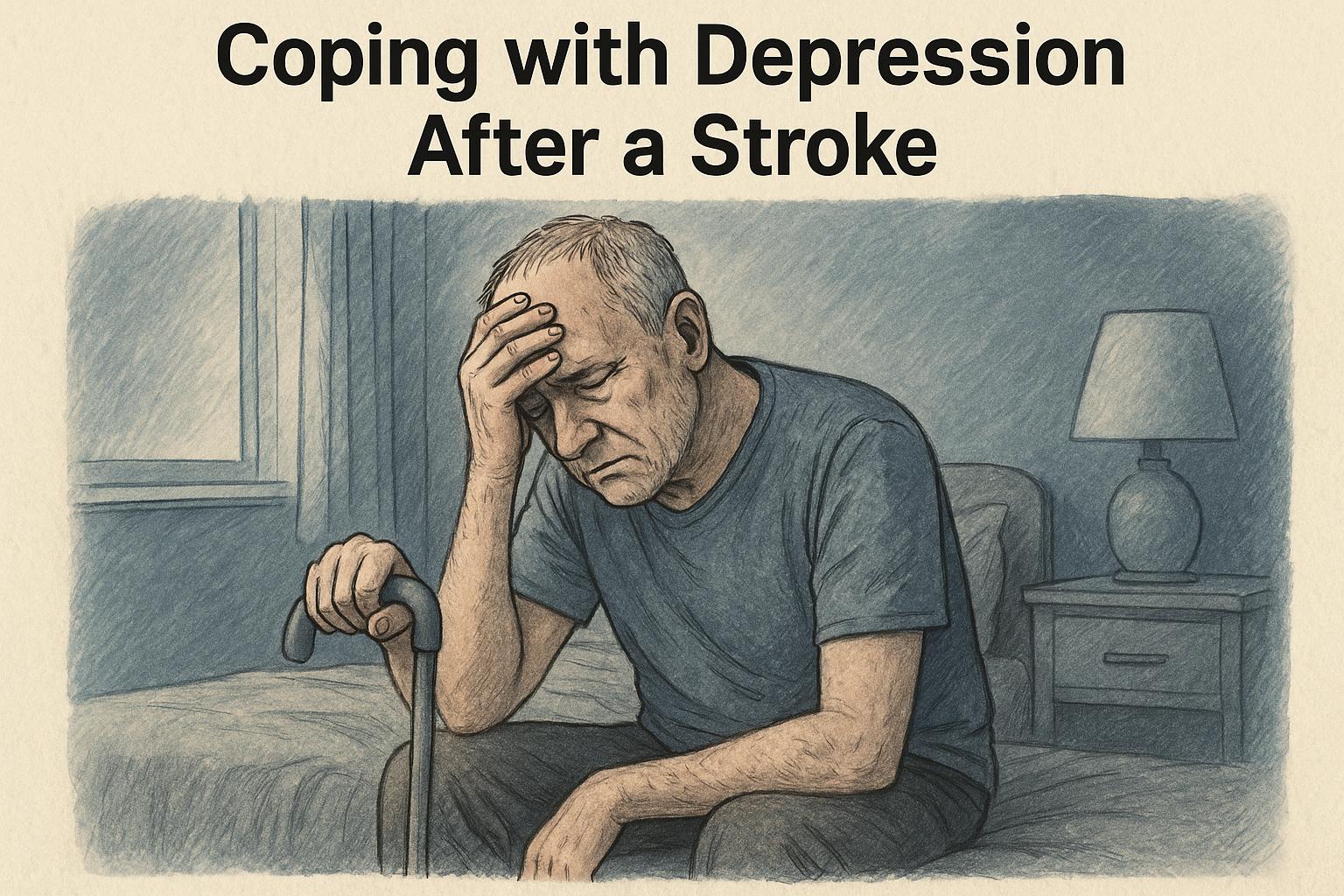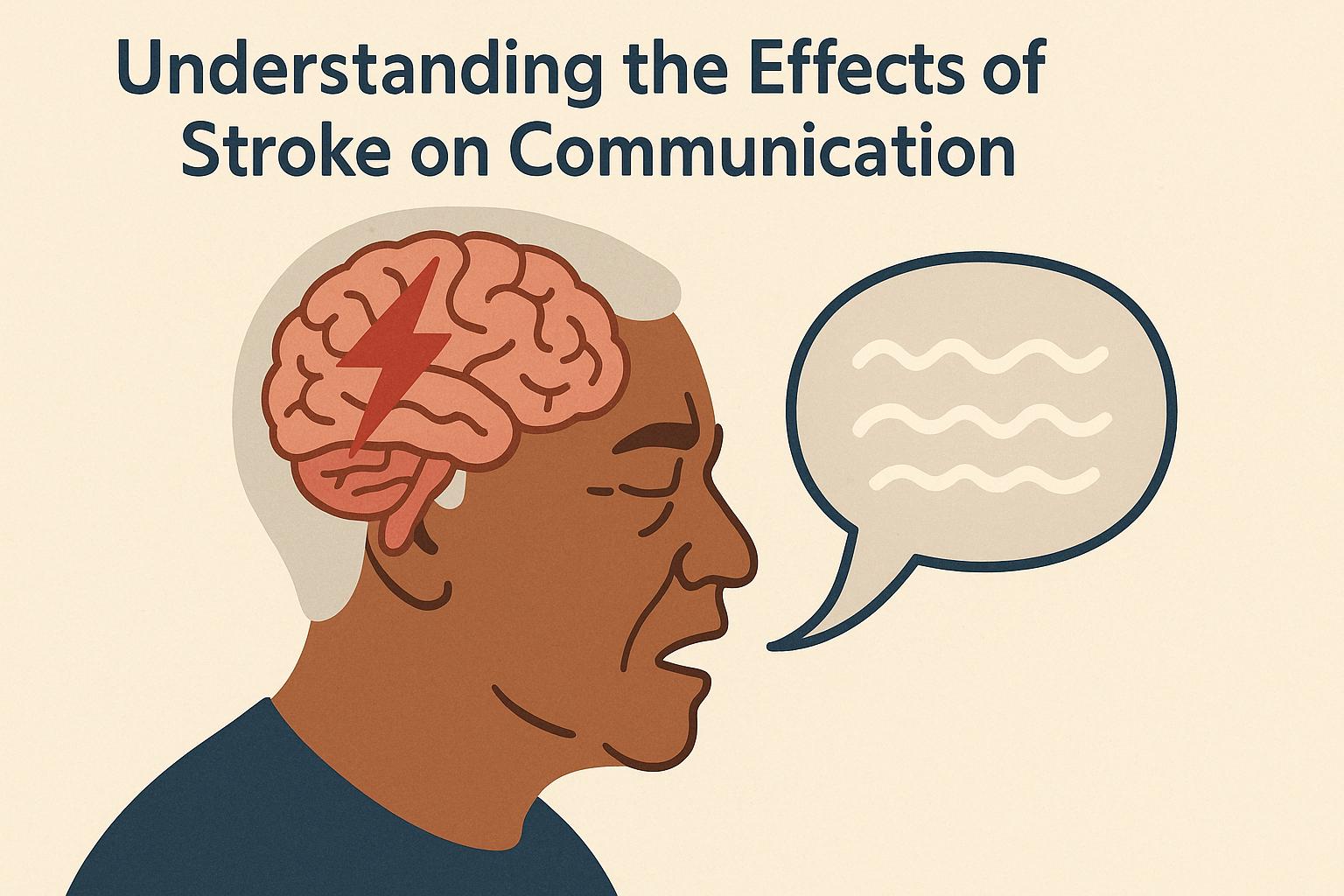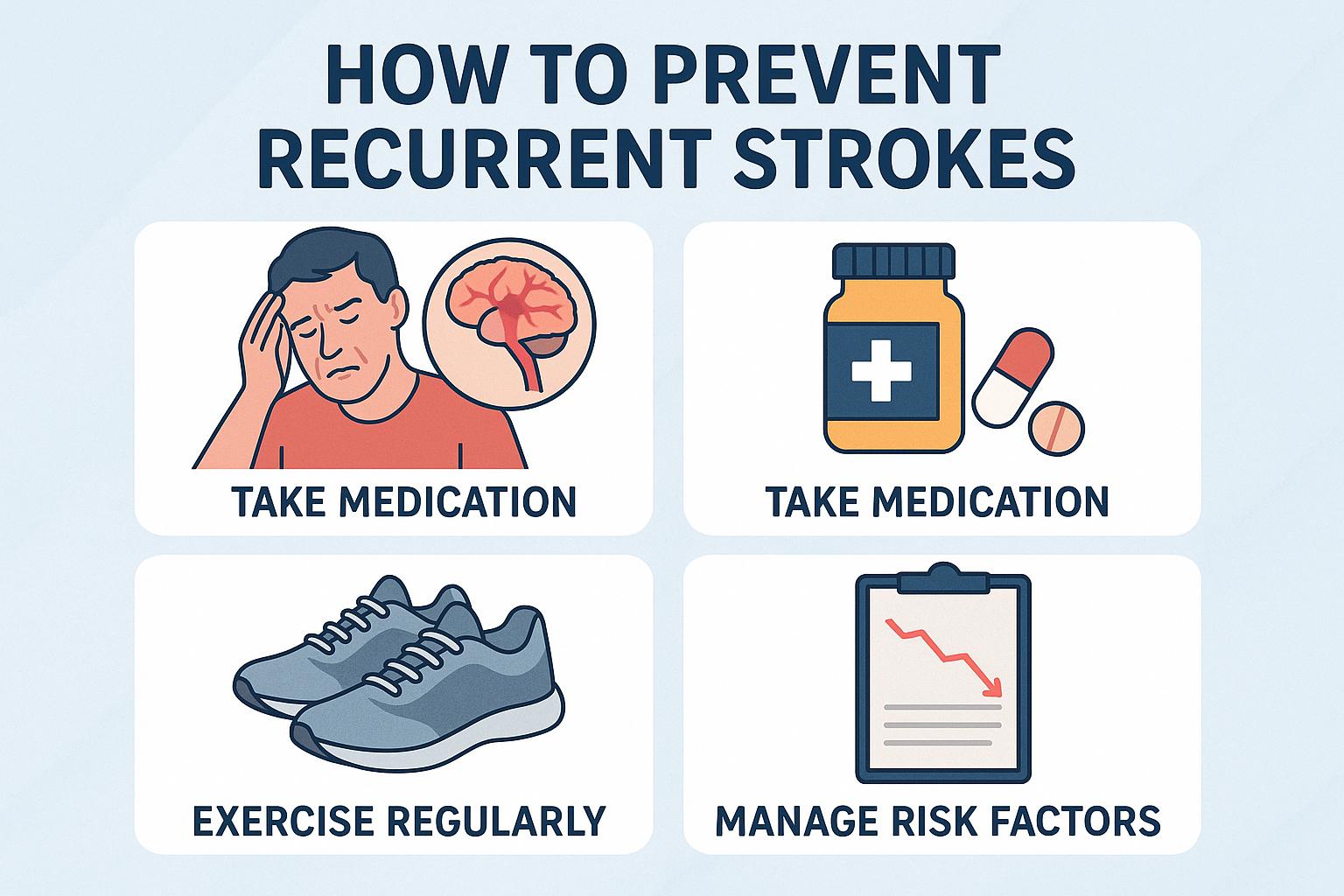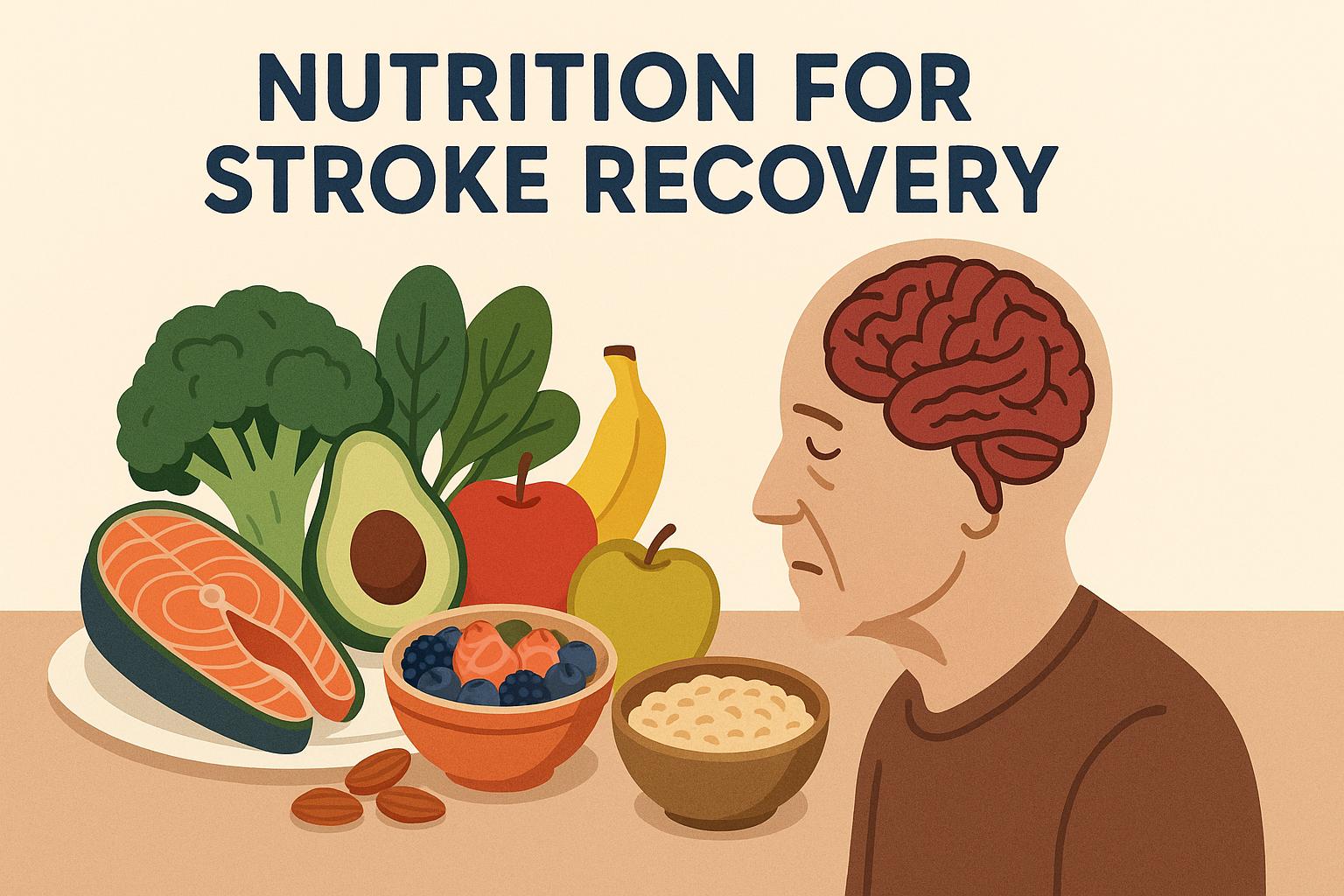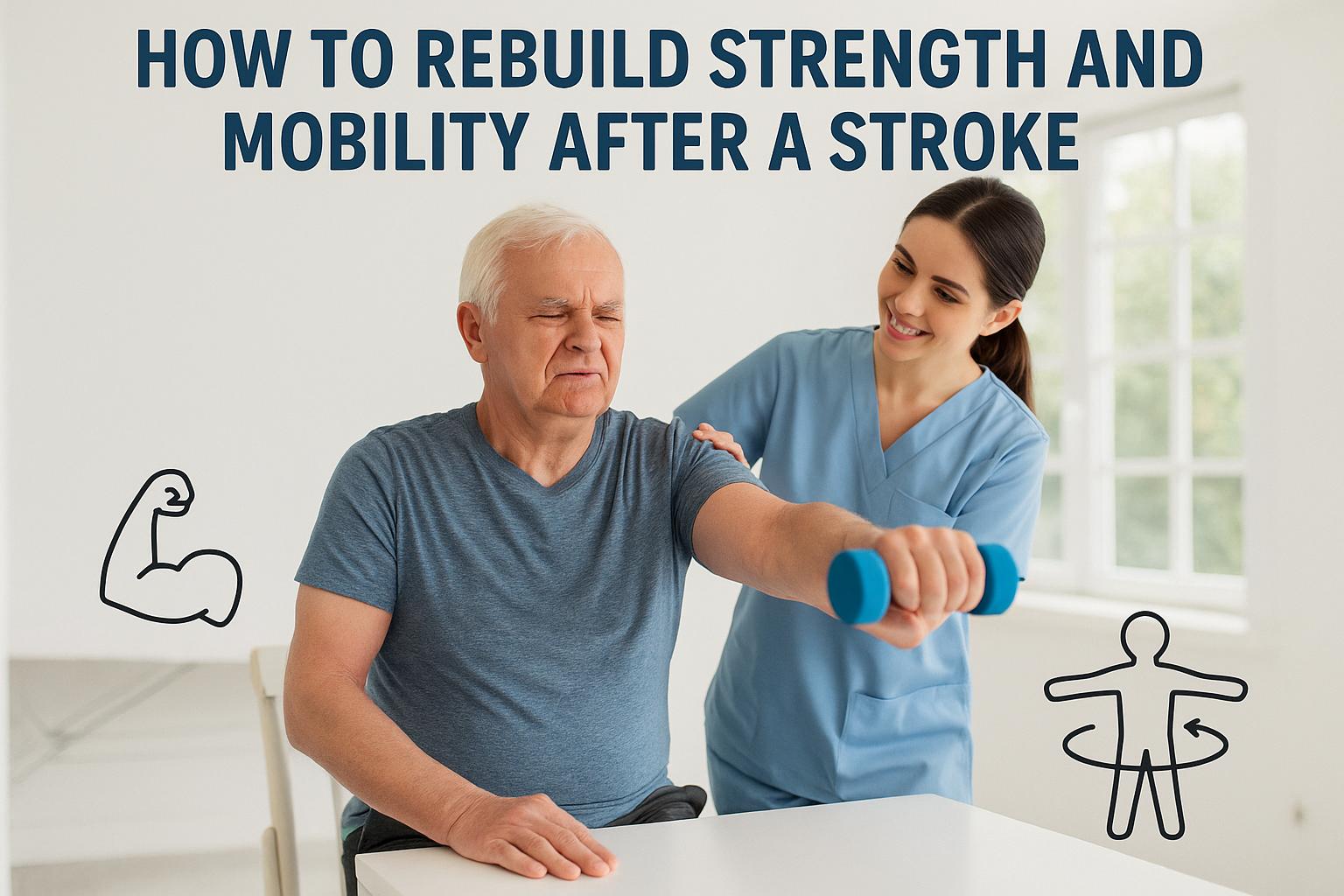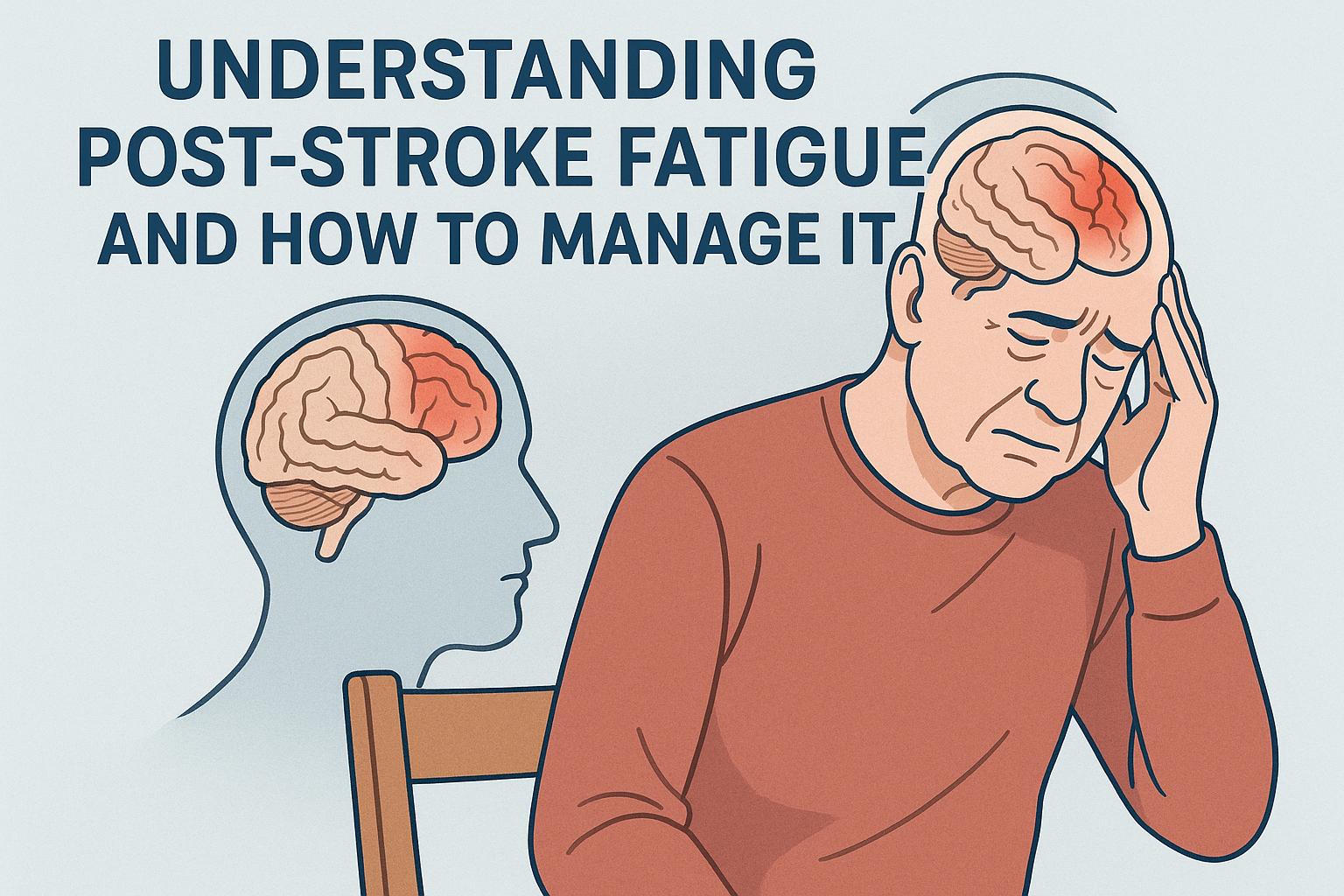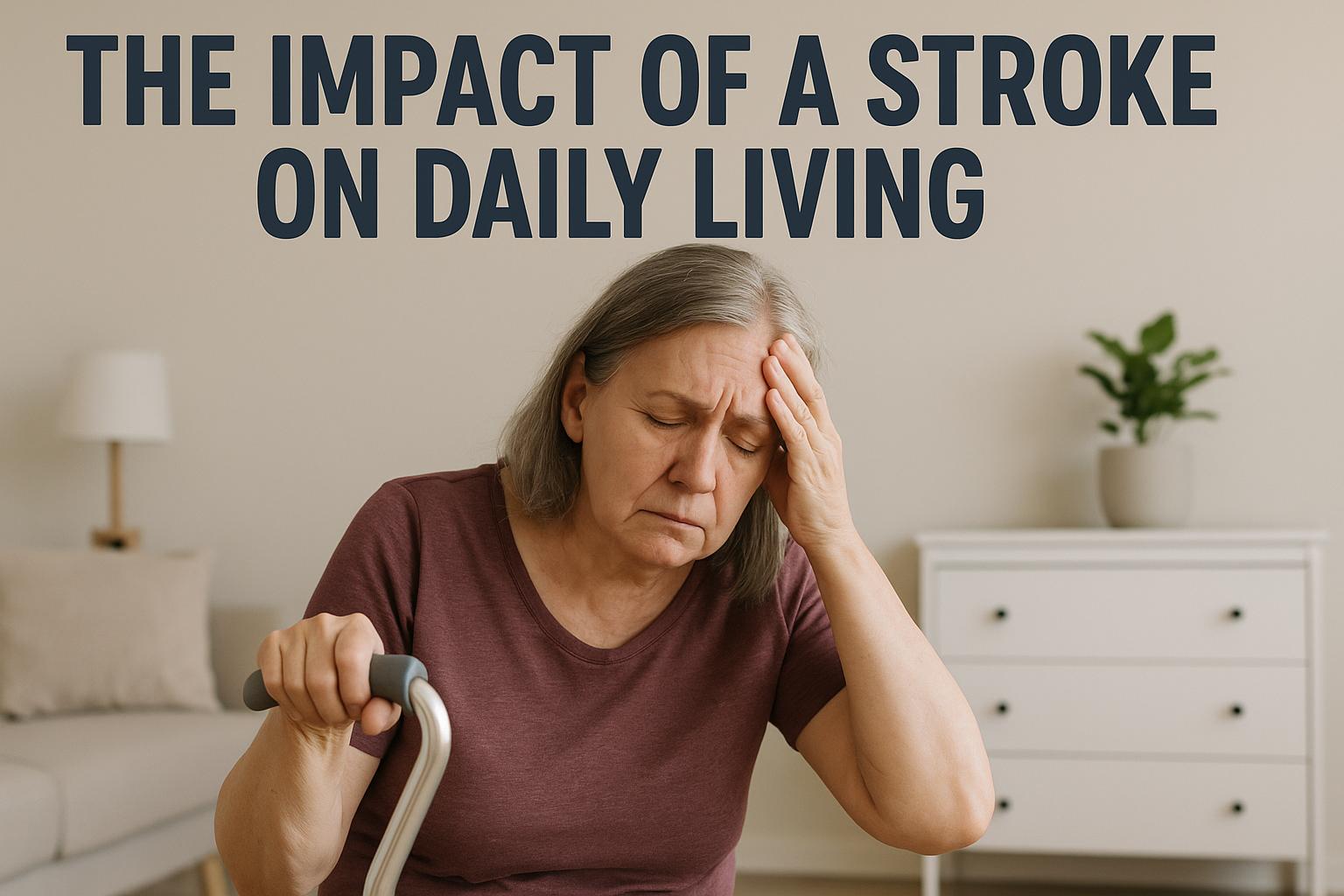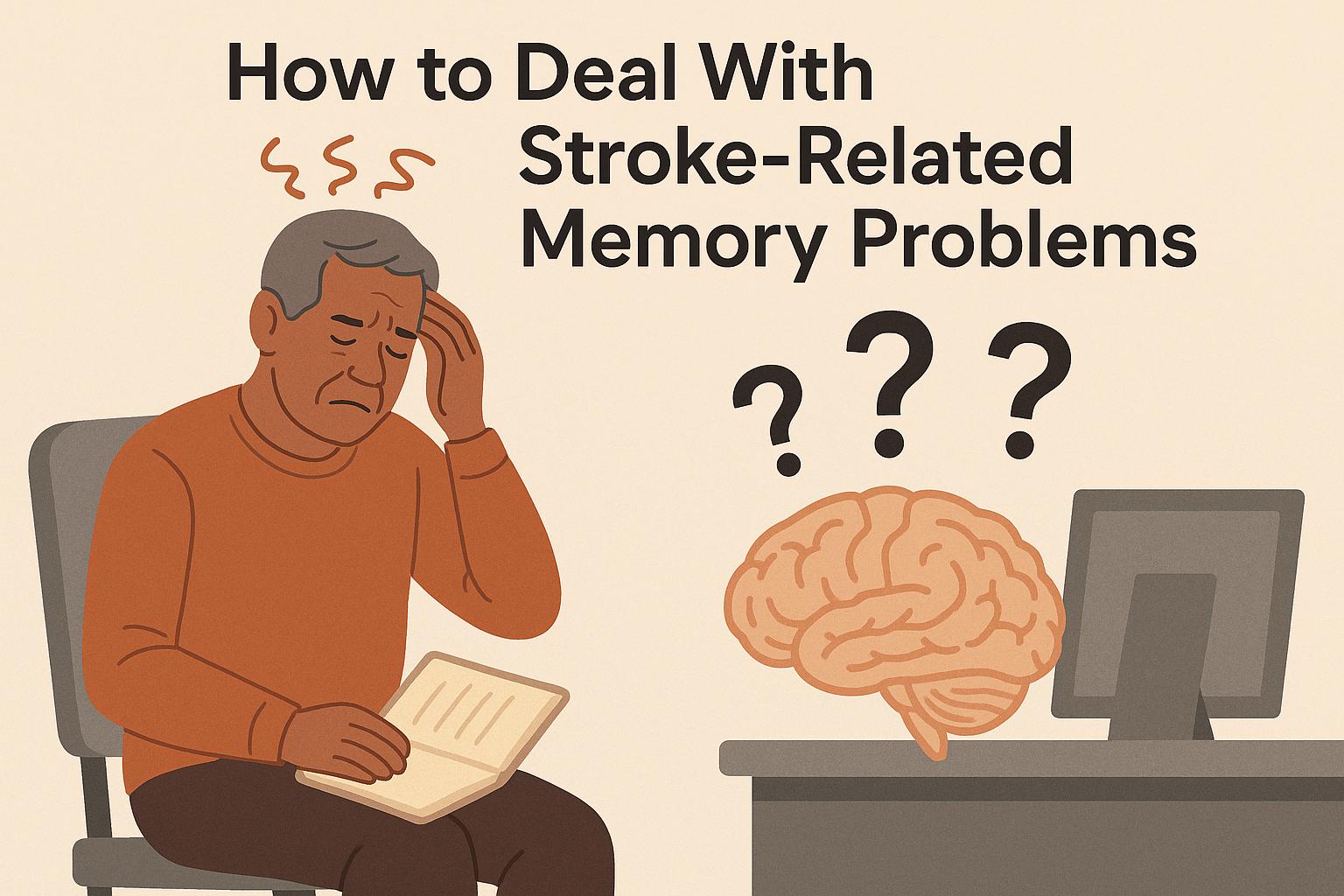
How to deal with stroke-related memory problems.
Understanding Stroke-Related Memory Problems Strokes can significantly impact a person’s cognitive abilities, including memory. Memory issues following a stroke can range from mild forgetfulness to more severe challenges. These difficulties arise when a stroke affects parts of the brain responsible for processing memories. Addressing these issues is crucial for improving the quality of life and Read More …

